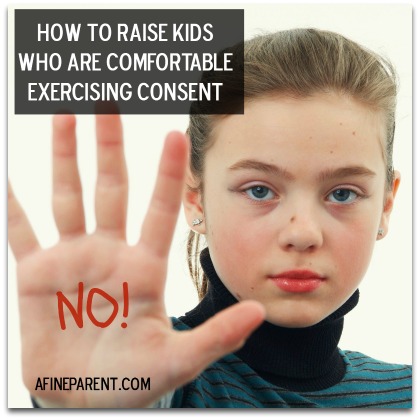 I think we’ve all been there: the big family gathering filled with aunts and uncles, cousins and second cousins that you haven’t seen in ages, everyone laughing and catching up, the sounds of kids shrieking with playful laughter competing with the happy sound of adults catching up after far too long apart.
I think we’ve all been there: the big family gathering filled with aunts and uncles, cousins and second cousins that you haven’t seen in ages, everyone laughing and catching up, the sounds of kids shrieking with playful laughter competing with the happy sound of adults catching up after far too long apart.
If your family is anything like mine, these events are littered with hugs, kisses, and kids roughhousing with each other all over the place.
It’s very happy chaos.
As an adult, I always look forward to the opportunity to connect with my relatives, see how all of the little ones have grown and changed, and relax around my support network.
However, as a child… I often dreaded these types of events.
There was always one uncle who insisted on giving me a kiss, even if I tried to wiggle away from his scratchy beard, an aunt who hugged me a little too long and too tightly for comfort, or a cousin who played a little too rough, even when I didn’t want him to.
And my parents always kept encouraging me to go give another hug or kiss to a relative I didn’t remember or particularly want to be physically close to.
What I learned when my parents made me tolerate unwanted hugs and kisses and told me that Cousin Johnny was being rough “because that’s what boys do” and I had to ”learn to deal with it” and what I later struggled with as an adult was that my “No” — my lack of consent — didn’t matter.
My parents unintentionally taught me to internalize the belief that what I wanted or didn’t want to happen to my body was not as important as the wants of those around me.
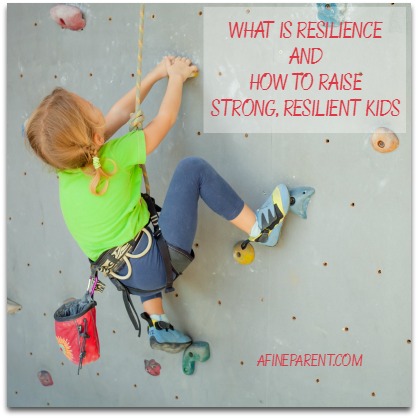 Looking into the face of your newborn is one of the most mesmerizing experiences a parent can have, even when it’s number two, three or four.
Looking into the face of your newborn is one of the most mesmerizing experiences a parent can have, even when it’s number two, three or four.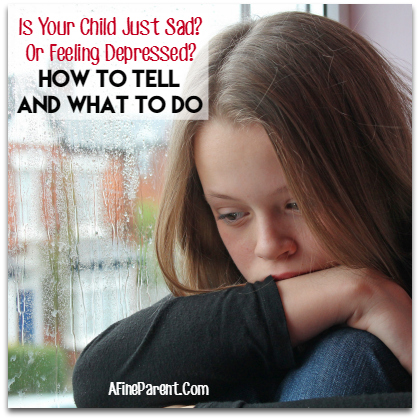 Have you ever felt really, really blue and wondered if you were just sad, or actually depressed? If it is hard for us to tell the difference even in ourselves, how can we tell it in our kids?
Have you ever felt really, really blue and wondered if you were just sad, or actually depressed? If it is hard for us to tell the difference even in ourselves, how can we tell it in our kids?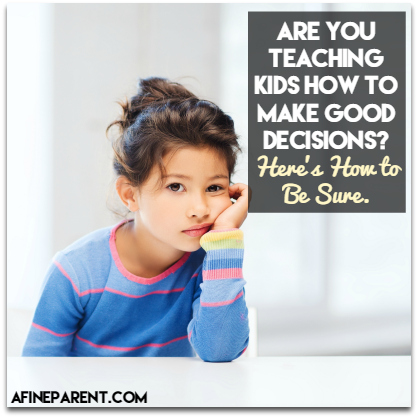 When your children are small, you chose everything for them, from what they will wear to where they go that day.
When your children are small, you chose everything for them, from what they will wear to where they go that day.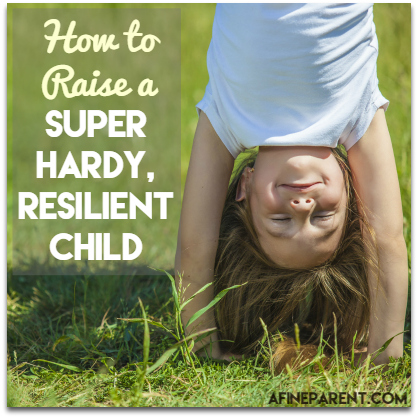 You are really good at failing.
You are really good at failing.